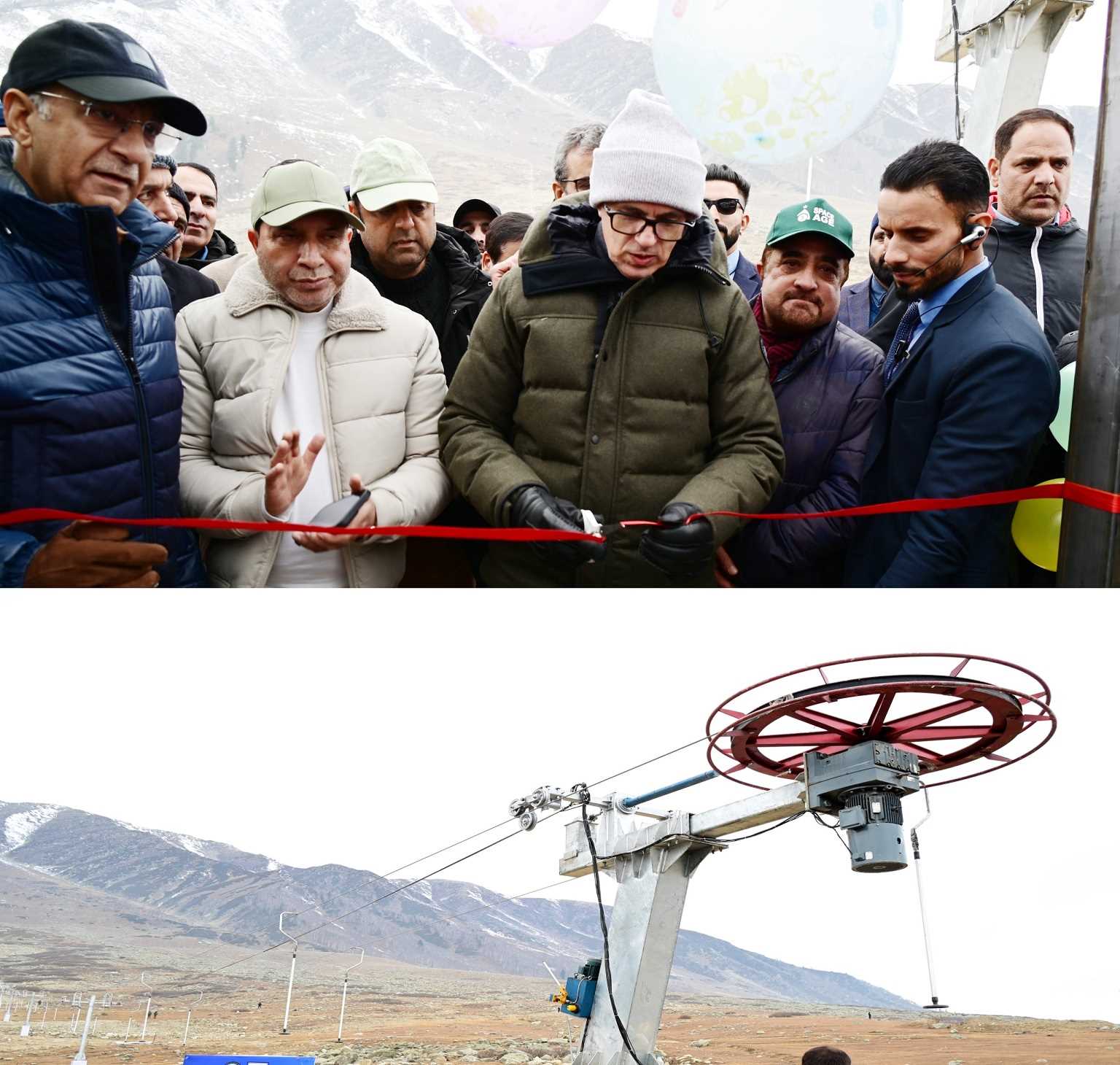
In another decisive move underscoring our zero-tolerance policy on cross-border terrorism, the prime minister Narendra Modi government has banned the direct and indirect import of all goods from Pakistan, effective immediately. This stern action follows the Pahalgam terror attack in April that claimed the lives of 26 individuals, mostly tourists, sending shockwaves across the country. More than just a punitive response, this latest embargo marks a careful escalation in our calibrated strategy to isolate Pakistan diplomatically, economically, and morally on the global stage. The trade ban is not an isolated measure. It follows a series of escalating retaliatory actions over the past few days: the suspension of the Indus Waters Treaty, the downgrading of diplomatic ties, and the revocation of visa facilities. Each step has been carefully layered to increase pressure on Islamabad without crossing the threshold into outright conflict. By choking economic and diplomatic lifelines, India has signalled that support for terror networks—whether by commission or omission—will extract a heavy price. While trade volumes between the two countries have never been substantial, with unofficial trade often eclipsing formal exchanges, the symbolic and strategic implications are profound. For Pakistan’s already strained economy, which is battling soaring inflation, currency depreciation, and IMF-mandated austerity, this move tightens the noose. The latest trade ban includes indirect imports—goods routed via third countries such as the UAE or Singapore—which had become a backdoor conduit for Pakistani products even after formal trade was downgraded in 2019. Shutting this route closes off a crucial commercial loophole, making the economic cost far more real and lasting. Moreover, the message resonates beyond trade. It underscores our intent to cut off Pakistan from every avenue of bilateral engagement until there is credible action against terror outfits operating from its soil. The denial of visas, cancellation of cultural and sporting exchanges, and even the water diplomacy front demonstrate a total freeze—one that casts Pakistan as a pariah in South Asia. In the long run, this policy of calibrated disengagement may succeed in forcing Pakistan’s military establishment to reassess its strategic calculus. Economic strangulation combined with diplomatic isolation can’t substitute for kinetic action, but it can compel behavioural change, especially when global pressure aligns. Our country’s restraint lies in its use of statecraft rather than sabre-rattling. The trade ban, coming in the wake of yet another tragic terror strike, is a clear declaration: peace is not possible without accountability. And until Pakistan makes that choice, it will continue to bleed—economically, diplomatically, and reputationally.


In another decisive move underscoring our zero-tolerance policy on cross-border terrorism, the prime minister Narendra Modi government has banned the direct and indirect import of all goods from Pakistan, effective immediately. This stern action follows the Pahalgam terror attack in April that claimed the lives of 26 individuals, mostly tourists, sending shockwaves across the country. More than just a punitive response, this latest embargo marks a careful escalation in our calibrated strategy to isolate Pakistan diplomatically, economically, and morally on the global stage. The trade ban is not an isolated measure. It follows a series of escalating retaliatory actions over the past few days: the suspension of the Indus Waters Treaty, the downgrading of diplomatic ties, and the revocation of visa facilities. Each step has been carefully layered to increase pressure on Islamabad without crossing the threshold into outright conflict. By choking economic and diplomatic lifelines, India has signalled that support for terror networks—whether by commission or omission—will extract a heavy price. While trade volumes between the two countries have never been substantial, with unofficial trade often eclipsing formal exchanges, the symbolic and strategic implications are profound. For Pakistan’s already strained economy, which is battling soaring inflation, currency depreciation, and IMF-mandated austerity, this move tightens the noose. The latest trade ban includes indirect imports—goods routed via third countries such as the UAE or Singapore—which had become a backdoor conduit for Pakistani products even after formal trade was downgraded in 2019. Shutting this route closes off a crucial commercial loophole, making the economic cost far more real and lasting. Moreover, the message resonates beyond trade. It underscores our intent to cut off Pakistan from every avenue of bilateral engagement until there is credible action against terror outfits operating from its soil. The denial of visas, cancellation of cultural and sporting exchanges, and even the water diplomacy front demonstrate a total freeze—one that casts Pakistan as a pariah in South Asia. In the long run, this policy of calibrated disengagement may succeed in forcing Pakistan’s military establishment to reassess its strategic calculus. Economic strangulation combined with diplomatic isolation can’t substitute for kinetic action, but it can compel behavioural change, especially when global pressure aligns. Our country’s restraint lies in its use of statecraft rather than sabre-rattling. The trade ban, coming in the wake of yet another tragic terror strike, is a clear declaration: peace is not possible without accountability. And until Pakistan makes that choice, it will continue to bleed—economically, diplomatically, and reputationally.
© Copyright 2023 brighterkashmir.com All Rights Reserved. Quantum Technologies